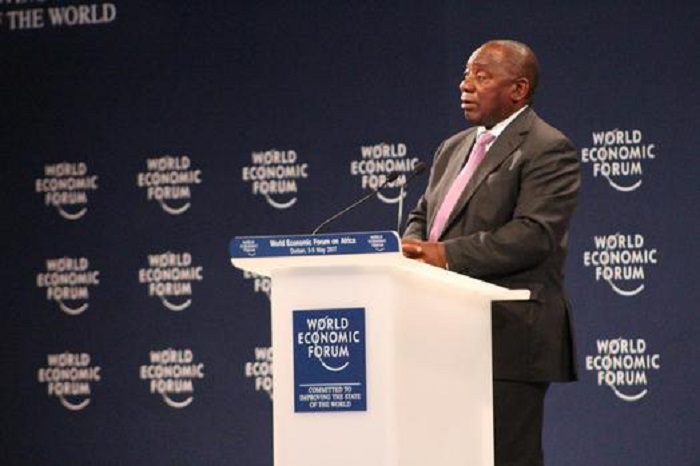South Africa’s education system was thrown into the spotlight at the 27th World Economic Forum (WEF) on Africa, obtaining a ranking of 24th in Africa for its quality and standard of education. Hosted in Durban with the support of the Government of South Africa, the forum is a think-tank of some 900 world leaders within varying disciplines.
This year’s theme focused on driving economic transformation in Africa through inclusive growth models. In addition to advancing the concept of inclusive growth, other issues critical to Africa’s long-term development was discussed at the forum, including; education, skills and employment. While many agree that South Africa’s education system requires much needed reform, academics have criticized the research, citing a lack of scientific analyses.
Echoing the critique of others in the field, education researcher from Stellenbosch University, Nicholas Spaull explains that the ranking is not based on educational outcomes, but rather on perceptions of businesses.
He says that the methods employed in gathering the information lacks qualitative research and focuses on the subjective conclusions of businessmen.
“What they do is ask a large group of business people to rate the education system on a scale from one to seven, what we find is that South African businessmen consistently rate South Africa’s education system the lowest on that scale – one to two.”
He says that since businessmen in other parts of the continent do not rate their education systems as severely, South Africa’s education system is not necessarily worse.
Commenting on the fact that the report lacks scientific research, Spaull says that South African businesses may simply have higher expectations of our education system.
He further notes that in terms of its school syllabus, South Africa does rank low, but not the lowest in Africa.
South Africa is rated higher than countries such as Malawi, Mozambique, and Zambia – countries South Africa does not typically compare itself against.
“This is not to say that our education system is not in crisis; on other metrics where we measure what kids learn, know and do at school we do rank extremely low relative to other developing countries, however, we do not rank the last in Africa,” Spaull states.
Spaull adds that South African businesses rating suggests that the economy is being held back by its education system – “companies want to hire skilled people, so when they are hiring graduates they feel they don’t have the competencies required.”
Given the skill deficit in the country, he says that businesses have realized that in order for the economy to grow at higher than 0.5 per cent, the rate at which it is currently growing, we require a much more skilled work force and therefore an improved education system.
Citing the possible impact that the report may have on the perception of South Africa’s education system, he says that the WEF should have used the same set of businessmen to rate all countries.
“In this case, we are not comparing ourselves to Mozambique or Malawi – we are comparing ourselves to Brazil, Turkey, Russia, or other middle income countries that do have better education systems than us. So when we measure what the students in those countries can do, we see that they can do a lot more.”
Despite agreeing that the South African education requires improvement, both in terms of accountability and the apathy of teachers, Spaull asserts that the “WEF ranking is not the scale to be used.”
He says that while South African children continue to perform at the bottom of the ranking in terms of mathematics and science at the Grade 9 level, we have improved since 2002.
“All of the people in academia think [the WEF ranking] is ridiculous. We should be using metrics. For example, the recently released trends in international mathematics and science results, where we actually test what the kids can do in grade 9 in maths and science and compare that across about 60 countries,” Spaull continues.
VOC 91.3fm






 WhatsApp us
WhatsApp us 

